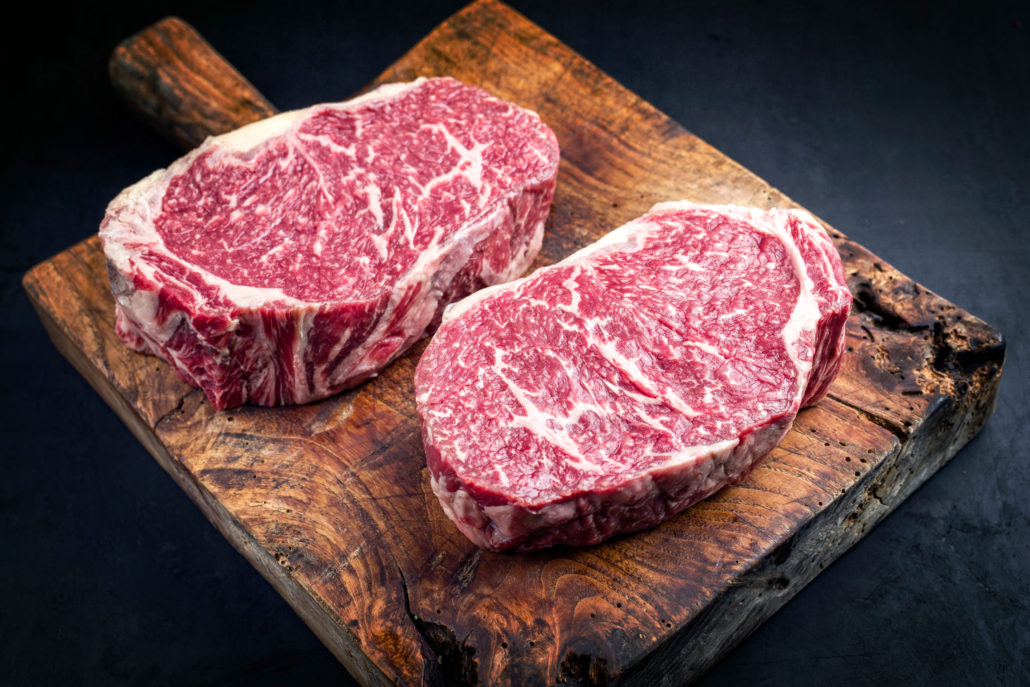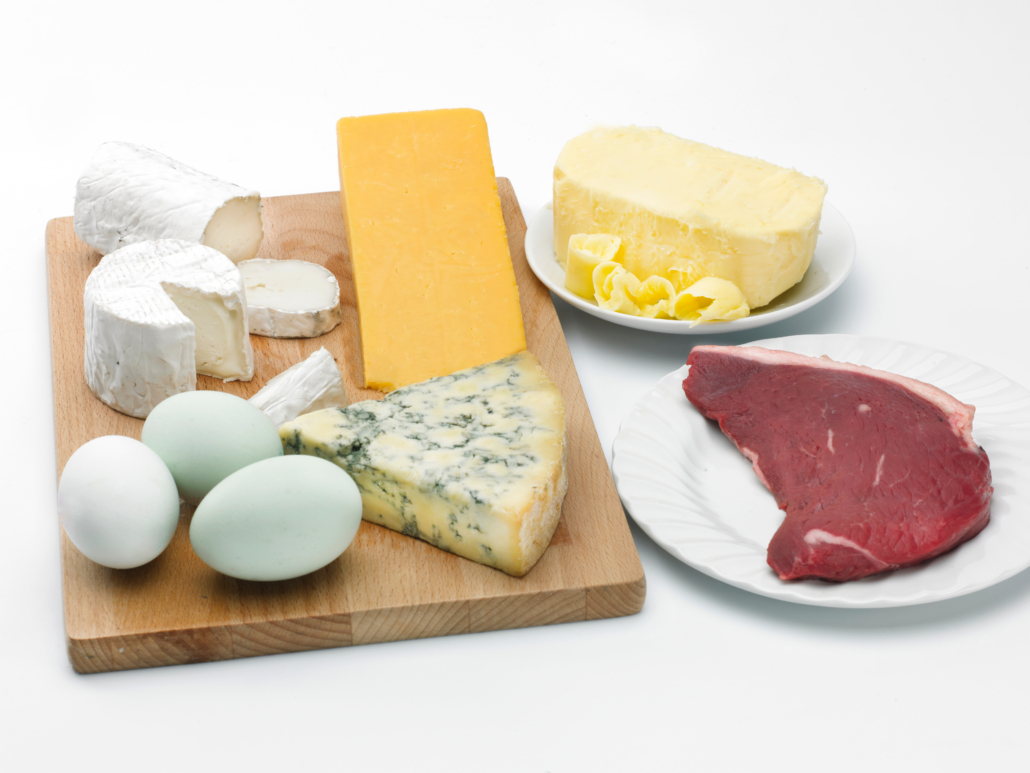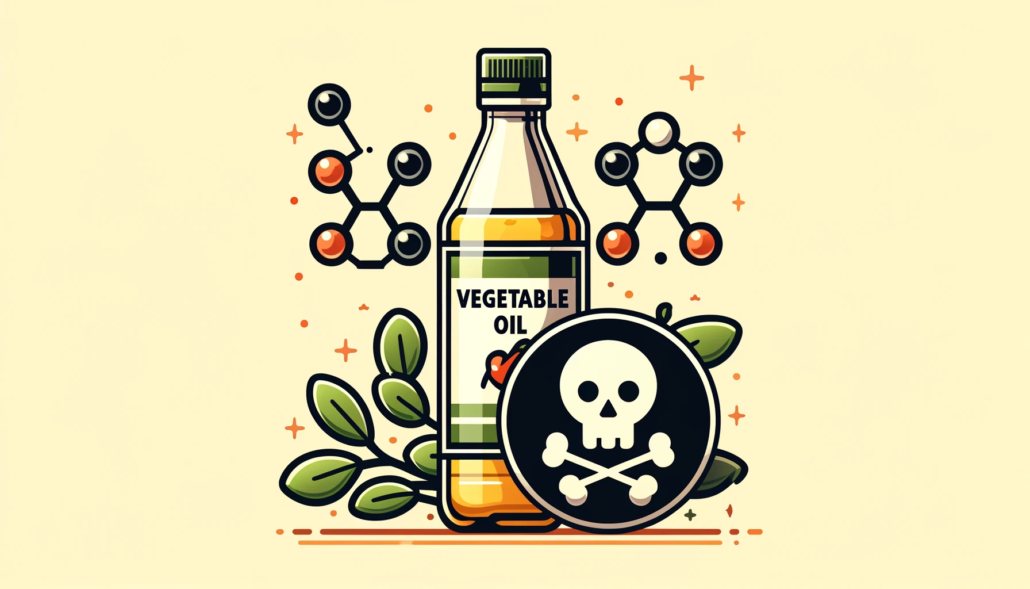We include products in articles we think are useful for our readers. If you buy products or services through links on our website, we may earn a small commission.
Protein In Eggs: Everything You Need to Know

In the world of superfoods, few others come close to matching the nutritional quality and variety of the humble egg. Eggs stand out in large part owing to their abundance and quality of protein.
In this article, we explore the protein found in eggs, uncovering its composition, benefits, and role in promoting overall health and well-being.
Table of Contents
What is Protein, and Why Does it Matter?
Proteins are long molecular chains made up of amino acids. The body uses only 20 amino acids to make up thousands of different proteins in the body.
Protein is an essential macronutrient that the body uses as an energy source. Proteins play a vital role in nearly all essential physiological processes in our body, including
- regulating gene expression
- regulating the immune system
- providing structural support for all cells
- forming our muscles
- repairing and building body tissue
- housing amino acids that play crucial roles in the creation and function of neurotransmitters and hormone regulation
Of the 20 amino acids, there are 9 “essential” amino acids that we can only get from the food we eat. Essential amino acids help the body maintain proper metabolic functions like digestion and energy production. .
How Much Protein in Eggs?
A single egg contains, on average, six to seven grams of protein. The recommended dietary allowance (RDA) of protein per day is 0.36 grams per pound of body weight. To calculate your RDA, simply multiply your weight by .36 to estimate the RDA of protein in grams.
For example, at 150 person requires at least 54 grams of protein daily.
While pregnant, the RDA of protein in women goes up to around 75-100 grams of protein per day. That extra protein is critical for developing fetal tissue, enlarging the placenta and breasts, and increasing blood supply.
An unbeatable low-cost source of protein, eggs come pre-packaged with a bevy of natural vitamins and minerals like selenium, choline, and vitamin B12 that together provide our body with sustained energy, improved cognition, and improved fertility and fetal development.
Let’s take a look at the amino acid profile of the protein in eggs.
Complete Amino Acids in Egg Protein
Proteins and Amino Acids per 2 Eggs (100 grams)
| Nutrient | Amount | DV |
| Protein | 10 g | 25% |
| Essential Amino Acids | ||
| Histidine | 309mg | 44% |
| Isoleucine | 671mg | 48% |
| Leucine | 1086mg | 40% |
| Lysine | 912mg | 43% |
| Methionine | 380mg | 52% |
| Phenylalanine | 680mg | 78% |
| Threonine | 556mg | 53% |
| Tryptophan | 167mg | 60% |
| Valine | 858mg | 47% |
| Conditionally Essential Amino Acids | ||
| Arginine | 820mg | |
| Cystine | 272mg | 95% |
| Glycine | 432mg | 23% |
| Proline | 512mg | |
| Tyrosine | 499mg | 57% |
| Non-Essential Amino Acids | ||
| Alanine | 735mg | |
| Aspartic Acid | 1329mg | |
| Betaine | 0.3mg | |
| Glutamic Acid | 1637mg | |
| Serine | 971mg | |
| Proline | 0.256 g | |
| Serine | 0.485 g |
Protein in Eggs vs Plant Protein
In comparison to proteins from plant foods, protein in eggs is superior in various ways, including
- providing all nine essential amino acids–only animal foods such as eggs have a “complete” protein profile
- have higher bioavailability ratings (improved absorption by the body).
- contain higher levels of leucine–an amino acid essential to muscle building and recovery
- increase satiety and feelings of fullness, which in turn benefits weight loss
- greater density and variety of micronutrients like B12, zinc, choline, iron, copper, and selenium, as well as fat-soluble vitamins like A, D, E, and K2.
Eggs Provide the Highest Quality Protein of Any Food
Eggs contain the highest quality protein of any food as it relates to wholeness and bioavailability.
While providing your body with all nine essential amino acids, eggs are also among the top-ranking foods for protein quality.
- #1 Digestibility Score: A measure of protein quality based on the specific essential amino acid requirements of humans and their ability to digest them
- #1 in Protein Efficiency Ratio (PER): This metric considers how much a protein contributes to the rate of physical growth. Eggs are measured at 3.9 compared with beef at 2.9 and peas at 1.4
- #2 in Biological Value: Determines how efficiently your body uses the protein you eat based on the proportion retained by the body. Eggs come in at 100, second only to whey protein at 104
- #1 Net Protein Utilization: This measures the ratio of amino acid mass converted to proteins that are used by the body. Eggs score a 94. Soy only comes in at 61
Quality rankings of proteins in eggs compared with various animal and plant foods
| Protein Type | Protein Efficiency Ratio | Biological Value | Net Protein Utilization | Protein Digestibility Corrected Amino Acid Score |
| Beef | 2.9 | 80 | 73 | 0.92 |
| Eggs | 3.9 | 100 | 94 | 1.00 |
| Milk | 2.5 | 91 | 82 | 1.00 |
| Casein | 2.5 | 77 | 76 | 1.00 |
| Whey protein | 3.2 | 104 | 92 | 1.00 |
| Soy protein | 2.2 | 74 | 61 | 1.00 |
| Peanuts | 1.8 | 0.52 | ||
| Black beans | 0 | 0 | 0.75 | |
| Wheat gluten | 0.8 | 64 | 67 | 0.25 |
| Rice | 2.0 | 64 | 74 | 0.50 |
| Pea | 1.4 | 58 | n/a | 0.59 |
Source: Nature’s Source and Journal of Sports Science and Medicine.
This ranking table highlights the fact that out of 1 gram of protein, the body accesses and utilizes more egg protein when compared to protein from any other food.
Protein in Eggs Provide Special Amino Acids
In addition to containing all nine essential amino acids, egg proteins also contain tyrosine, glycine, and tryptophan.
Tyrosine and glycine are two very important “conditionally essential” amino acids. In nutritional terms, “conditionally essential means that the body can produce enough on its own to survive unless there are underlying illnesses or conditions that prevent it from doing so.
Tyrosine in Eggs
Two eggs provide 57% of your RDV of tyrosine.
Tyrosine is an amino acid that plays a significant role in the production of neurotransmitters such as dopamine, norepinephrine, and epinephrine. These chemical messengers:
- boost cognitive function, especially in situations involving stress.
- regulate mood
- support your response to stress
- improve thyroid function
Due to its crucial role in creating neurotransmitters, tyrosine has also been found to help with multitasking. A 1999 study concluded that “tyrosine may sustain working memory when competing requirements to perform other tasks simultaneously degrade performance…”
Glycine in Eggs
Two eggs provide 432 mg or 23% of your RDV of glycine.
Another potent conditionally essential amino acid that eggs contain is glycine. Glycine helps the body break down and transport nutrients, specifically fat.
Though your body can produce glycine from the synthesis of other amino acids and vitamins, research shows that under normal dietary conditions, humans do not produce enough of their own, and require some glycine from their diets–enter the mighty egg!
- is vital for building muscle mass
- supports mental health and can act as an antidepressant
- promotes healthy sleep
- manages blood sugar
- positively impacts neurological disorders like Parkinson’s and Alzheimer’s
- protects against gastric ulcers
- helps digestion of fat
- helps restore levels of glutathione–a powerful antioxidant that protects nearly every cell in your body from damage by free radicals
Tryptophan in Eggs
Two eggs provide 167mg of tryptophan for 60% of your RDV.
Well known for its purported role in Thanksgiving turkey naps, the effects of tryptophan are far more vital and complex.
The amino acid Tryptophan plays a crucial role in the production of serotonin, melatonin, and NAd and, therefore, promotes numerous benefits, including
- Mood regulation
- Reduced depression
- Improved learning
- Improved memory
- Improved visual cognition
- Regulation of aggressive behavior
- Reducing seasonal affective disorder
- Reducing premenstrual discomfort
- Supports quitting smoking by reducing anxiety
Protein in Egg Whites vs. Egg Yolks
As the egg white trend has gripped American diet culture over the last few decades, it tells an incomplete story.
According to the USDA, there are approximately 3.6 grams of protein in the egg whites of a large egg. The majority of egg whites are roughly 88% water. Whereas the egg yolk contains 2.7 grams of protein per one large egg.
While egg whites do contain slightly more protein than egg yolks, the majority of nutrients and healthy fats are in the yolk.
Some of these nutrients are vital for the synthesis of the amino acids in the eggs into other beneficial compounds. This means that if you only eat the egg whites, not only are you missing out on a significant portion of the protein in eggs, you’re not able to fully absorb and unlock the nutritional value of the protein you do get.
Protein in Eggs: The Bottom Line
By nearly every measure, the protein in eggs is the highest quality protein available on earth. Eggs provide a significant amount of all nine essential amino acids, along with potent doses of various other beneficial specialized amino acids that support dozens of vital physiological processes.
If you’re looking for a convenient, complete, and powerful protein source, eggs should be at the top of your list.




















